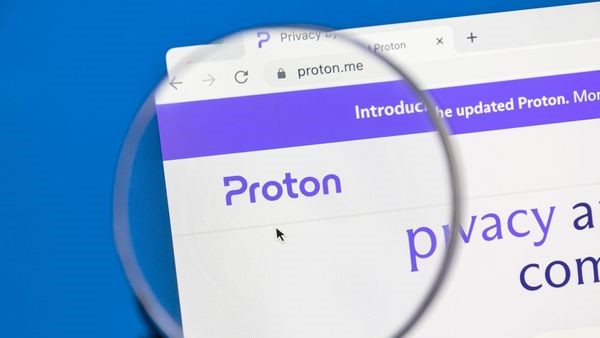
Proton has today made not one, not two, but three announcements focused on providing some of the most oppressed people on earth with access to an uncensored internet. It's here where the best VPNs really come in clutch.
It may not seem like a massive step on paper, but with an uncensored internet comes free information, away from propaganda, where citizens can form their own opinions and hopefully inspire social change. So what is Proton's plan?
Discreet icon

If you're living in an area where having a VPN installed on your phone could land you in serious trouble, then Proton is also adding a new feature that might just save you.
Discreet Icon lets users hide the Proton VPN icon on their phone. You can hide the app and have it pose it as something more innocent such as a weather, note-taking or to-do list app. It may sound fairly rudimentary to those in democratic countries, but it could make a massive difference for some.
David Peterson, General Manager of Proton VPN, explains that "certain countries have even begun demanding citizens hand over their smartphones for physical inspection. Protecting free speech and fighting censorship is a core part of our mission and we're committed to doing what we can to help users around the world."
An undemocratic dozen
Information is everything, and the internet has done a great job in making that info easily available. But in countries where restrictive governments and other factors limit the internet, then it can be tricky to find things out for yourself.
Luckily Proton is targeting some of the nations struggling the most and launching virtual servers in the 12 countries at the bottom of the Freedom House Index and the Democracy Index. That is to say, Afghanistan, Bahrain, Eritrea, Ethiopia, Iraq, Kuwait, Libya, Saudi Arabia, Sudan, Tajikistan, Turkmenistan and Yemen.
Windows Stealth

Finally, and probably most importantly, Proton is introducing its Stealth encryption protocol to Windows. Proton Stealth is an open-source obfuscation protocol based on WireGuard and TLS. Already released on iOS, Mac and Android, the Stealth Protocol is designed to help users "obfuscate" their connection – e.g. hide the fact that they are even using a VPN in the first place.
Again, this is really important in countries with restrictions on VPNs and gives those on Windows machines a chance to skirt around censorship.







